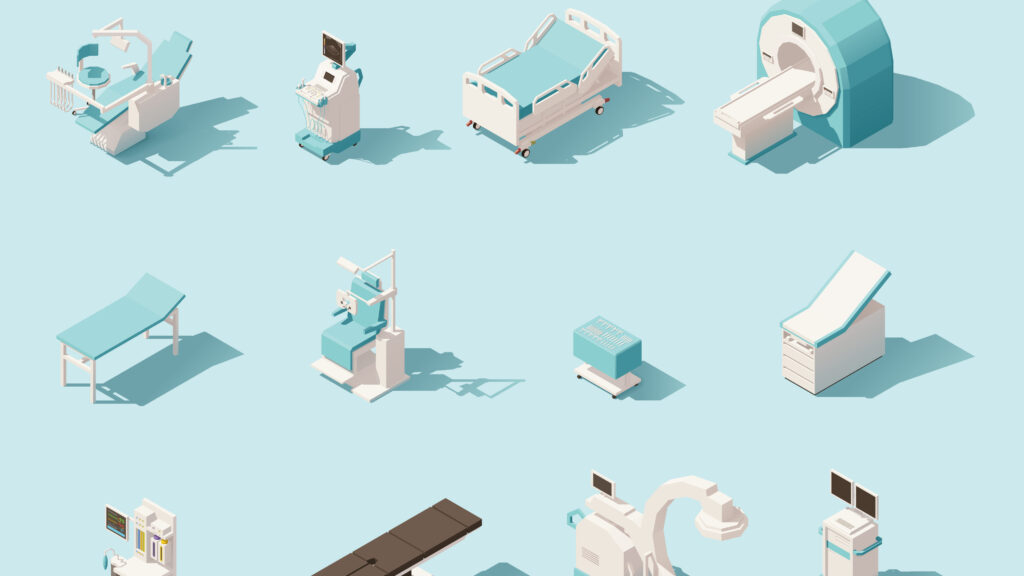
@ShahidNShah


When it comes to fostering innovation, most academic medical centers, medical schools, and health systems use the “pull” approach: they open technology transfer offices, hire staff, create industry relationships, and then wait for physicians, investigators, trainees (students, residents, and fellows), and other health care providers to initiate contact, submit new inventions, or navigate the typically opaque path of medical innovation and discovery. That approach works for only the most self-directed, enterprising innovators, largely ignoring the majority of an institution’s health care professionals.
There’s a better way: pushing fundamental health innovation knowledge, skill sets, opportunities, and ground-level support to every health care professional who enters an institution’s doors.
That’s the route I and several colleagues have taken for Mass General Brigham, a large Boston-based health care organization, overseen by its innovation office. Though most of our efforts are less than 5 years old, we are already seeing results: portfolios of new companies, patented technologies, publications, and a subtle but notable shift from excellent clinicians and researchers to excellent clinician- and researcher-innovators.
Why bother? Health care innovation saves lives: New diagnostic methods, therapeutics, devices, and methods are an engine for keeping people healthy, treating their illnesses, improving their quality of life, and preventing them from dying prematurely. Medical schools and health care institutions must do everything in their power to sustain innovation, keep it running, and democratize the process.
Continue reading at statnews.com
Clinicians care deeply about the quality of care they deliver to the patients they serve. They generally aim to exceed the standards for performance because they are committed to continuously …
Connecting innovation decision makers to authoritative information, institutions, people and insights.
Medigy accurately delivers healthcare and technology information, news and insight from around the world.
Medigy surfaces the world's best crowdsourced health tech offerings with social interactions and peer reviews.
© 2025 Netspective Foundation, Inc. All Rights Reserved.
Built on Apr 22, 2025 at 4:40am